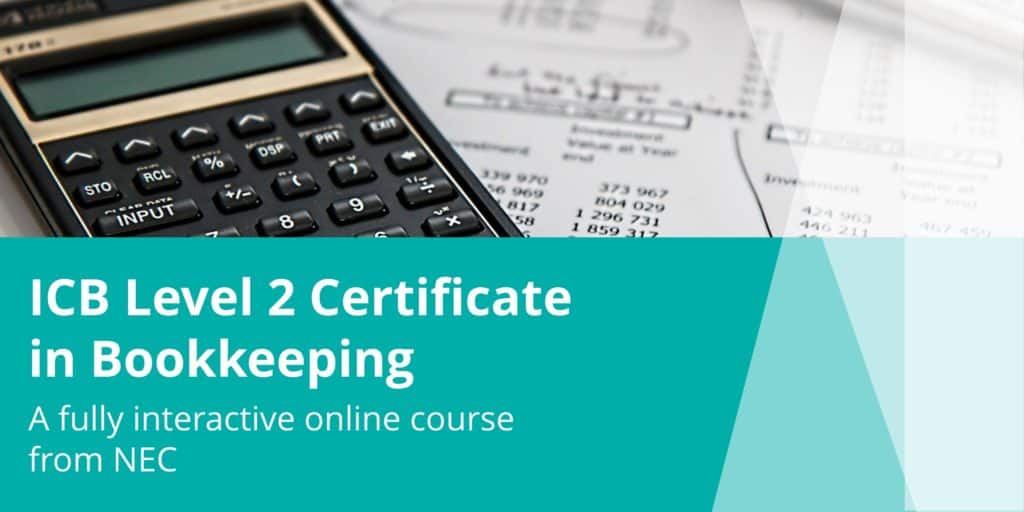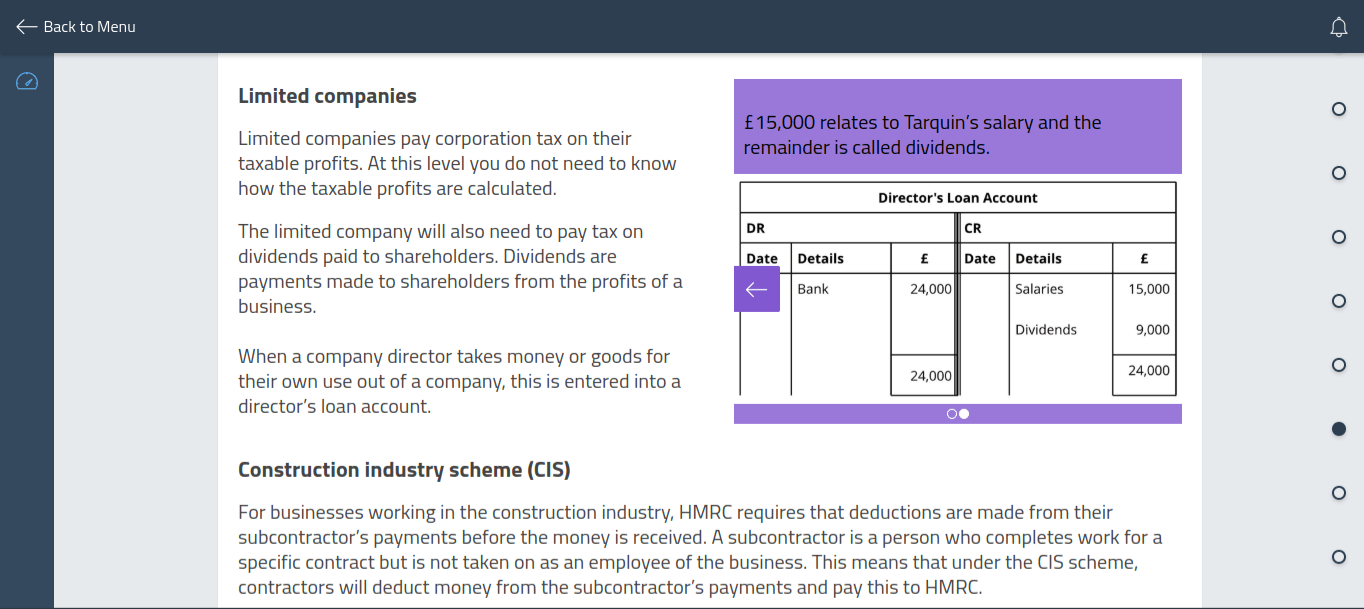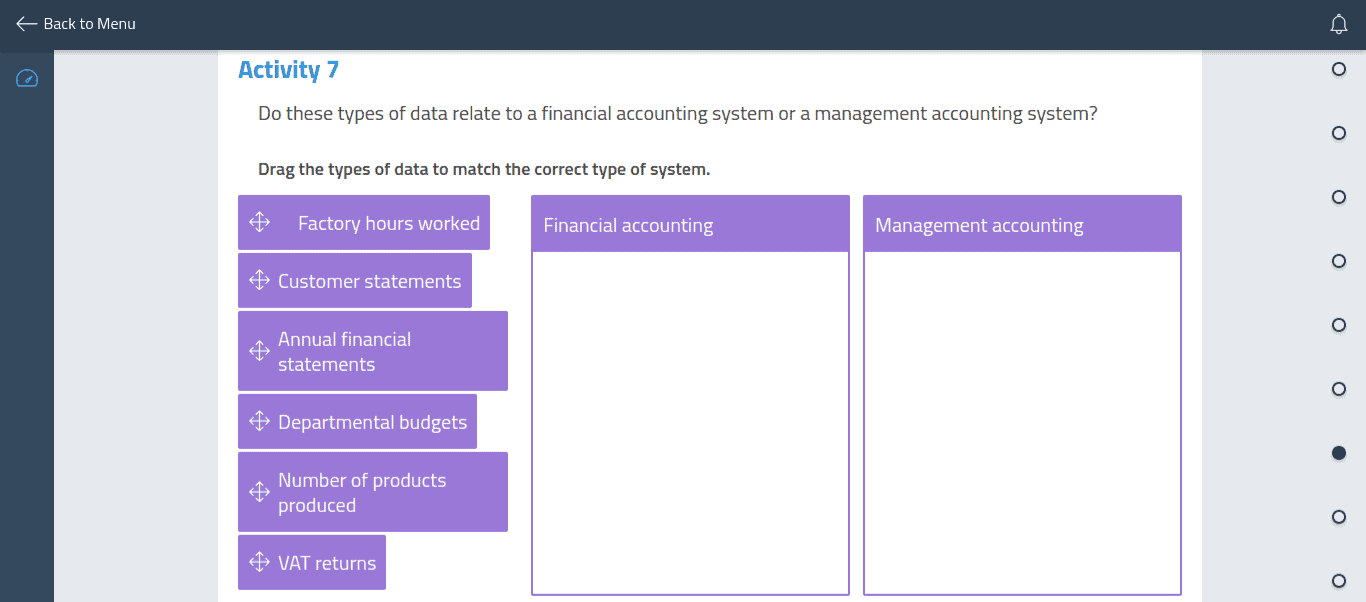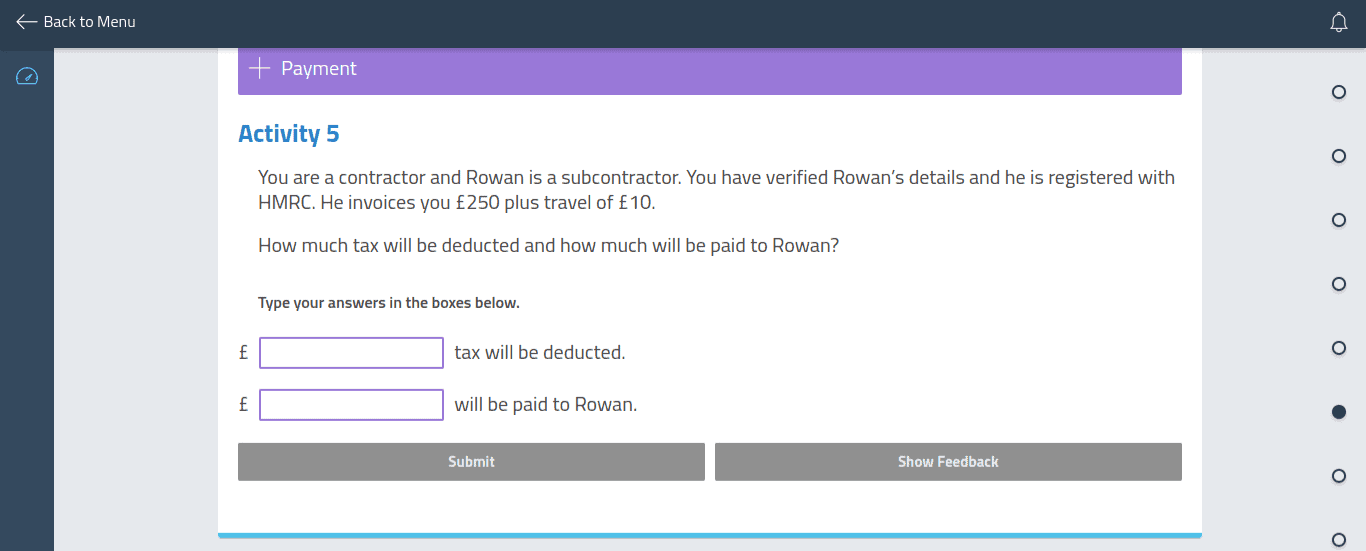Call free on: 0800 389 2839
Call free on: 0800 389 2839
Join in... The latest news and blogs from NEC
How is bookkeeping done differently in the digital age? Monday, 25 January 2021

Whether you are running your own business, wanting to develop skills for a career as a bookkeeper, or wanting to support your family business, having an understanding of a business’ finances is essential. Even when using finance software such as Sage or Quickbooks, an understanding of the methods and processes of bookkeeping will give you confidence and more importantly the know-how to identify mistakes.
Accurate and up to date financial records will tell you:
- how much your business is earning.
- how much your business is owed.
- how much your business is spending.
- how much your business owes.
What is bookkeeping?
Bookkeeping is the process of recording and balancing financial income and expenditure to provide a true and fair view of a business’ performance and its financial position at any time and at the end of a financial period. Through NEC’s ICB Level 2 Certificate in Bookkeeping course, you will learn the principles of double-entry bookkeeping; posting financial transactions into the correct ledger from source documents; handling bank and cash records and reconciling bank statements; understanding and calculating VAT transactions; producing a trial balance to identify and correct errors, end of period reporting, and using computerised accounting software.

A tutor’s story
When I started running my own hotel business, the bookkeeping skills that I had learnt at college were invaluable in helping me to understand how well the business was performing. Keeping ‘the books’ meant systematically recording, in the appropriate ledger, the money coming in from sales invoices and bills, as well as the money going out from purchase receipts or invoices on a regular basis. I was able to see how much I owed my suppliers and how much money my customers owed me. By checking my bank statement each month against my own records, I could see any payments made or received that had not yet been processed by the bank and identify any mistakes in my record keeping.
At the end of the financial year, such record keeping was necessary to provide the financial information my accountant needed to prepare the business’ financial statements for legal and taxation purposes, but throughout the year, it enabled me to:
- make decisions about the hotel’s operations.
- control day to day tasks and activities.
- operate on a profitable basis.
- track the flow of cash coming in and going out of the business.
- plan for the future.
Not only did this information help me to evaluate the success of my business decisions, or otherwise, but it also supplied me with the necessary information to meet my business’ legal obligations, as well as satisfying the needs of other organisations, such as the bank, when I was looking for further investment or loans to grow my business.The book keeping course I did at college was the best investment ever.
I’m interested in bookkeeping but I don’t know if my maths is good enough
Being really good at maths is not essential – being methodical and paying attention to detail are far more important skills to have.
If you find that you would benefit from a maths course before diving into bookkeeping, NEC also offers an Introduction to Maths, Functional Skills Maths and GCSE Maths. To learn more, please visit the course pages or call our Course Advice Team on 0800 389 2839 or email on info@nec.ac.uk.
How is bookkeeping done differently in the digital age?
Nowadays, the handwritten processes of maintaining the ‘books’ are often replaced by electronic accounting software which automatically generates the double-entry of any transaction in the appropriate ledger. Using computerised systems also eliminates the errors that occur in hand-written, manual systems resulting in less time needed to check for mistakes. There are a number of different accounting software systems available but the general principle of operation remains the same in each. Having an understanding of the bookkeeping process will help you to troubleshoot when issues arise and to double-check your own figures.

In summary, bookkeeping is the first stage of the accounting process. The ICB Level 2 Certificate in Bookkeeping course with NEC will provide you with the necessary skills if you:
- Run your own business and want to manage your own accounts more effectively.
- Want to develop skills to work in the accounting department of a business or firm of accountants.
- Provide a service to other businesses as a self-employed bookkeeper.
- Commence a career in financial services to ultimately become a qualified accountant, financial supervisor, analyst or finance manager.
What can I do with ICB Level 2 Certificate in Bookkeeping?
Skilled bookkeepers are vital to accounting departments in all sectors, so as well as allowing you to work as a self-employed bookkeeper or helping you run your own business finances, this qualification is the vital first step in your career in finance to become a qualified accountant, a financial supervisor, analyst or manager.

Why choose NEC?
Our fully online course opens up the world of bookkeeping in an engaging and digestible way, offering interactive activities and points of evaluation throughout so you can track your own progress. Study from home at a pace that suits you and your other commitments, and benefit from tutor marked assignments and a course developed by experts specifically for NEC’s learning platform.
Click here to find out more about the course and how to enrol.
 Sarah Pamphilion is passionate about the value of learning and dedicated to the profession, having worked in education for over 27 years as a tutor, assessor and manager of vocational training. She understands the challenges of distance learning having been a distance learner herself and knows the value of good quality, responsive and flexible tutor support and encouragement. Now as a freelance contractor, Sarah works with a number of awarding bodies, colleges and training providers to develop learning resources to enable learners to meet their qualification goals and longer-term career aims. Sarah tutors on our CMI management courses and the ICB Level 2 Certificate in Bookkeeping course.
Sarah Pamphilion is passionate about the value of learning and dedicated to the profession, having worked in education for over 27 years as a tutor, assessor and manager of vocational training. She understands the challenges of distance learning having been a distance learner herself and knows the value of good quality, responsive and flexible tutor support and encouragement. Now as a freelance contractor, Sarah works with a number of awarding bodies, colleges and training providers to develop learning resources to enable learners to meet their qualification goals and longer-term career aims. Sarah tutors on our CMI management courses and the ICB Level 2 Certificate in Bookkeeping course.
Leave a Reply Cancel reply
More stories
working at NEC
Uncategorized
- Balancing an A level with My Passion for Dance
- The Future of Art History: Why Study A level History of Art with the National Extension College?
- Why Study Physics?
- Embracing a New Path: Jill’s Journey from Online Learning to Career Success in Art History
- How Toby Found a Perfect Fit for His Passion: Online A level English Literature with NEC
Study Tips
Student Stories
- Balancing an A level with My Passion for Dance
- Passion and Academics: How Izzy Balances Full-time Musical Theatre Studies with Studying A level Physics
- How NEC Helped Kari’s Son Niko to Continue his A level Studies Despite Long-Term Illness
- Embracing a New Path: Jill’s Journey from Online Learning to Career Success in Art History
- How Toby Found a Perfect Fit for His Passion: Online A level English Literature with NEC
SFT
Results Day
- Resitting A level STEM Subjects: How to Turn Your Setback into a Stepping Stone for a Brighter Future
- Resits vs. Retakes: Understanding the Difference and Making the Most of Your Second Chance
- GCSE Results Day 2024: What to Do When You Didn’t Get the GCSE Results You Wanted
- GCSE Results Day 2024: Your Complete Guide
- A level Results Day 2024: Your Ultimate Guide to Success
Policy and Campaigns
- A Pathway to Success Beyond A levels: Why Level 4 and Level 5 Qualifications Matter
- Schools and Academies Show 2024: Insights for School Leaders
- Big Data and Educational Trends: Insights for Students and Schools
- University of Cambridge Institute of Continuing Education offers tuition fee bursary for NEC A level students
- Five study bursaries for state sector teachers to take online A level Classical Civilisation offered by The Classical Association
Podcast
Our Courses
- Balancing an A level with My Passion for Dance
- How NEC’s Inclusive Approach to Learning Design is Redefining Independent Learning
- NEC’s Learning Design: A Pathway to Success for Independent Learners
- Passion and Academics: How Izzy Balances Full-time Musical Theatre Studies with Studying A level Physics
- Why Study Psychology? – Key Benefits, Careers and What You’ll Need to Study Psychology at University
Lifelong Learning
- A Pathway to Success Beyond A levels: Why Level 4 and Level 5 Qualifications Matter
- Benefits of Homeschooling: Is Home Education Right for Your Family?
- How NEC’s Inclusive Approach to Learning Design is Redefining Independent Learning
- The Future of Art History: Why Study A level History of Art with the National Extension College?
- National Coding Week 2024: The Vital Role of Coding in the Modern World
Home Schooling
- Benefits of Homeschooling: Is Home Education Right for Your Family?
- How NEC Helped Kari’s Son Niko to Continue his A level Studies Despite Long-Term Illness
- Exploring Science Practicals at Home: A Guide for Homeschoolers
- Homeschooling in 2024: How to Personalise Your Child’s Education
- What is Homeschooling?
Guest Blogs
- Passion and Academics: How Izzy Balances Full-time Musical Theatre Studies with Studying A level Physics
- My Experience as a Marketing Intern with the National Extension College
- The economics of political parties
- Embarking on a journey: My decision to ‘Fast-Track’ A level Physics with NEC
- Homeschooler Andrew’s experience of studying IGCSE Chemistry
General
- Balancing an A level with My Passion for Dance
- A Pathway to Success Beyond A levels: Why Level 4 and Level 5 Qualifications Matter
- Schools and Academies Show 2024: Insights for School Leaders
- How NEC’s Inclusive Approach to Learning Design is Redefining Independent Learning
- NEC’s Learning Design: A Pathway to Success for Independent Learners

Add a new comment
Current comments: 0